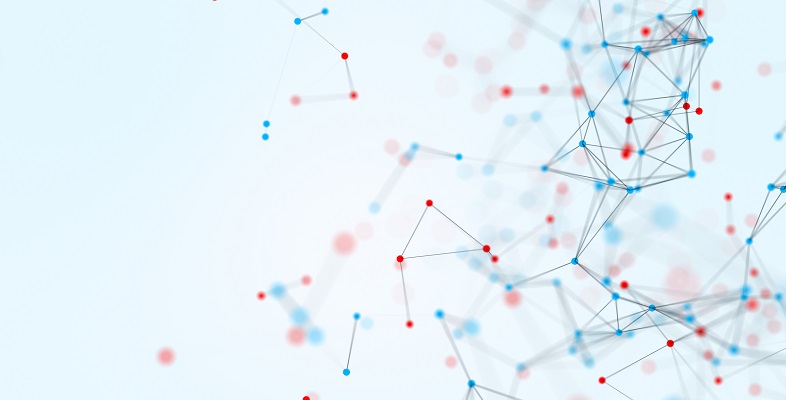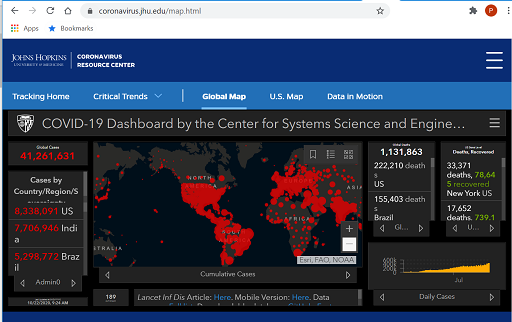4.2.2 Using the web more effectively
There are a number of information systems on the internet that you can use to examine particular topics in detail. These databases can be accessed directly, or through organisations, who will pay a subscription for access to the information.
University librarians often set up these systems for particular areas of study, although they may be set up by anyone with sufficient expertise in a topic. These databases may be fairly general, such as a gateway site for sciences, or more specific, such as particle physics.
Professional or vocational bodies may also develop databases useful to their members, as may hobby organisations. A well-known gateway for people interested in family history and genealogy is ancestry.co.uk.
These are updated by volunteers or paid staff who add new links relevant to topics of interest, such as births and deaths, marriages, local news and national news sites, and so on.
Sites are searchable, often using the same search engines (e.g. Google) that are available directly through browsers. Because the search engine limits its search to the site’s indexes, this can prove to be a more focused way to search, particularly if the topic is one that is likely, in the wider web, to yield lots of spurious results.
Databases such as CINAHL and PubMed have a gateway which can be accessed by any user to access biomedical literature. PubMed, for example, has more than 30 million citations for biomedical literature, which can include links to full copies of the publication. This is important when assessing evidence for healthcare delivery, as curated, organised and high-quality repositories of information need to be accessible to professionals when considering individual treatment plans, operational systems delivery and healthcare policy at population level.
While healthcare portals are significant and sophisticated there are still issues, not least the pre-eminence of English as the language of publication, the sheer volume of material available, and of course the imbalance towards positive outcome publication in the literature contained in these repositories.
For non-initiates, the technical language can be difficult, and thus limit public involvement in scrutiny and contribution to health and healthcare.
Figure 18 shows the main page of Johns Hopkins Coronavirus Resource Center. Here, information about the virus is presented graphically, with links through to analysis and education about SARS-CoV-2.
Each box or link on the screen is clickable, taking you to specific resources or more in-depth information.

